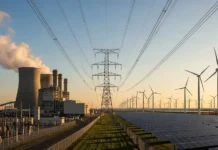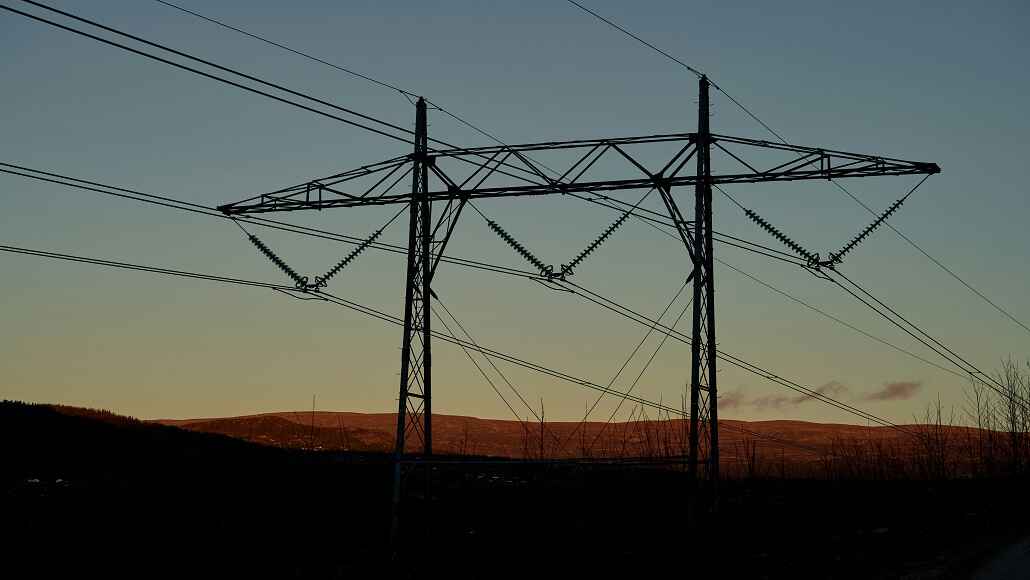The power outage in Spain, Portugal that was witnessed in the last week of April left millions without electricity and not only halted operations throughout the key sectors but also exposed a structural susceptibility—the lack of energy storage as well as backup capacity in the system.
As per data that was shared by SotySolar, the demand when it comes to solar batteries as well as hybrid systems saw a rise of 450% in the first eight hours after the blackout took place vis-à-vis any typical Monday.
This kind of abrupt spike when it comes to inquiries was also observed by the head of BESS sales for Iberia, Andres Pinilla Anton, who confirmed that the company was overwhelmed with calls from both commercial and industrial sectors. It is worth noting that many industries are now looking for options to shield themselves from scenarios like these, which, although rare, can occur and lead to major losses.
According to Pinilla, the economic damages caused due to the recent power outage in Spain, Portugal would range anywhere from €1 billion to €1.3 billion, especially having severe impacts on meat processing, refrigeration, and the dairy sector.
Alba Alonso, the marketing director at SotySolar, says that the users are actively looking out for ways to decrease their dependence on the traditional grid. She goes on to confirm that situations such as this only reinforce the immediate requirement of moving towards more sustainable and autonomous models. It is worth noting that the response did not come only from the industrial segment. As per Alonso, the rise in interest came from many individual users. Until now, they have mostly seen these kinds of solutions across the Balearic and Canary Islands, where power outages are very common, but now they are receiving inquiries that are coming from mainland Spain as well.
Pinilla also stresses the fact that the technology of today already has the capacity to offer industrial-grade solutions in order to handle such kinds of outages. He states that it is not just about residential batteries; industrial ones can also now function in backup or soft mode. Right from the moment the grid fails to the time it comes back, the battery steps in and makes sure that the process continues without any kind of disruption.
As per his view, the recent outage in Iberia could be a game changer that, in a way, speeds up the rollout of storage.
He says that he is a firm believer in the fact that it could be a major throttle when it comes to behind-the-meter batteries.
Can the blackout happen again?
As per the market reaction, the question still remains over the reasons why this outage was caused. But there is no official explanation that has been released. Luis Atienza, who is the former Red Eléctrica president, said that everything within the sector is recorded and also stressed the fact that the sequence of events that led to the collapse will eventually be known.
However, Atienza warned that the Spanish power system must now integrate more robust backup capacity in order to safeguard future disruptions from cascading into broad outages.
He emphasized the fact that the system has to be sufficiently robust as well as resilient in order to absorb such kinds of disturbances without even triggering a generic outage.
He also went on to point out the structural weaknesses within the system – it’s limited interconnection with France, a dearth of adequate tools when it comes to voltage control, and the requirement to complement the renewable energy expansion with technologies that offer stability.
He said that renewables are indeed unbeatable when there is sun and wind. However, they do not provide any kind of service, such as voltage regulation or inertia.
In this regard, energy storage is indeed becoming a very important pillar of resilience. For both households and companies, the message is indeed crystal clear – generation of energy is no longer enough, but it has to be stored and autonomously managed in order to withstand such kinds of unexpected outages.










































